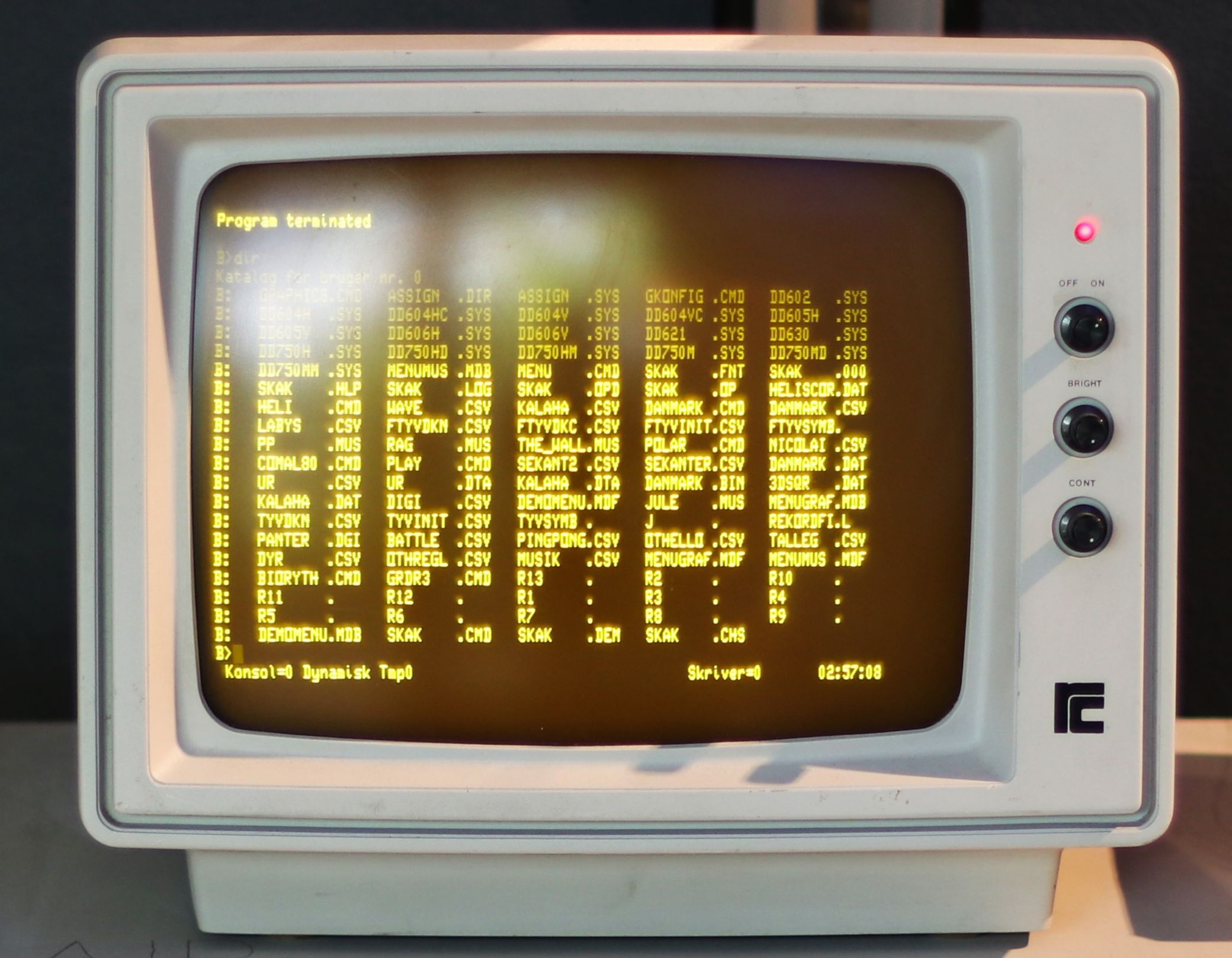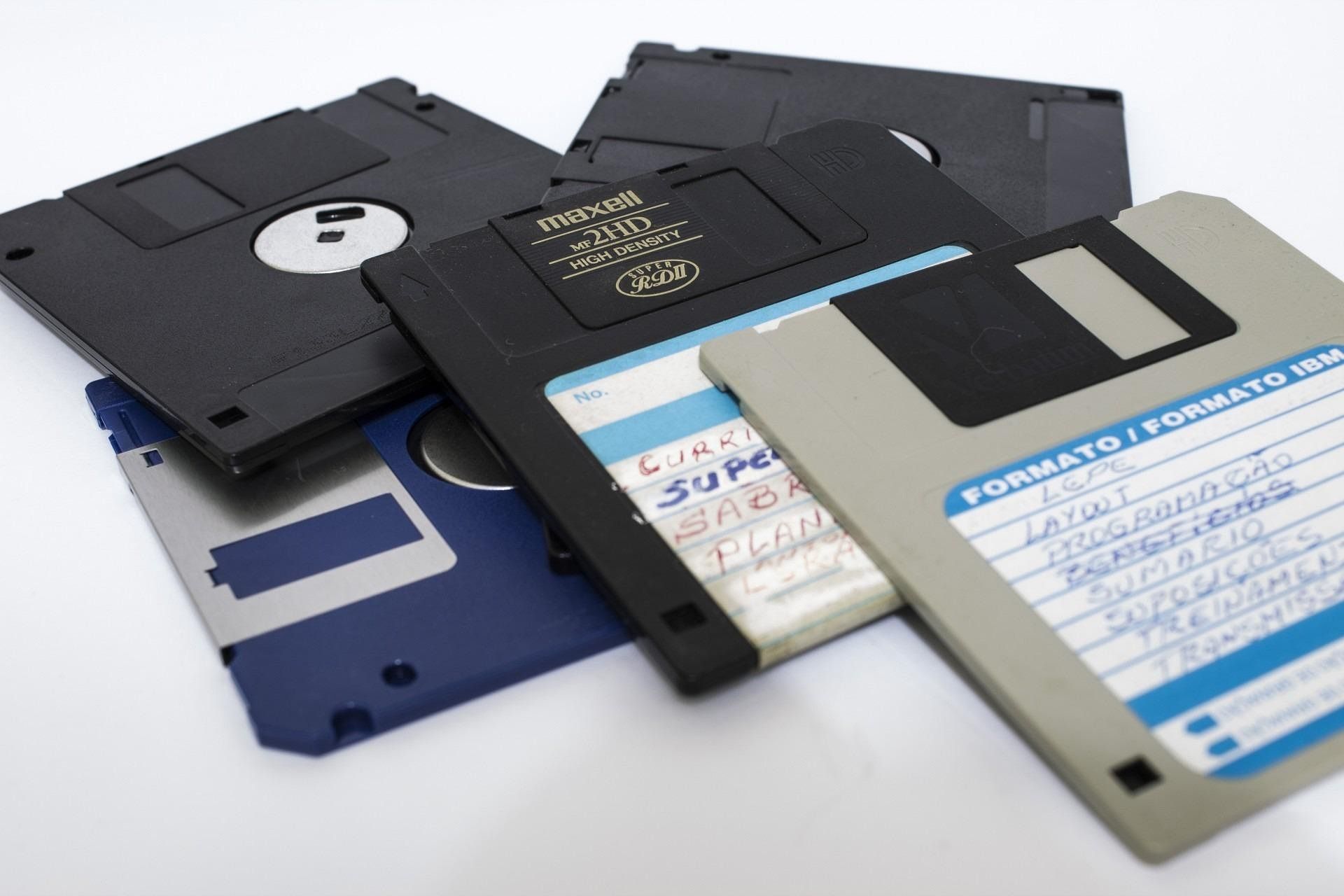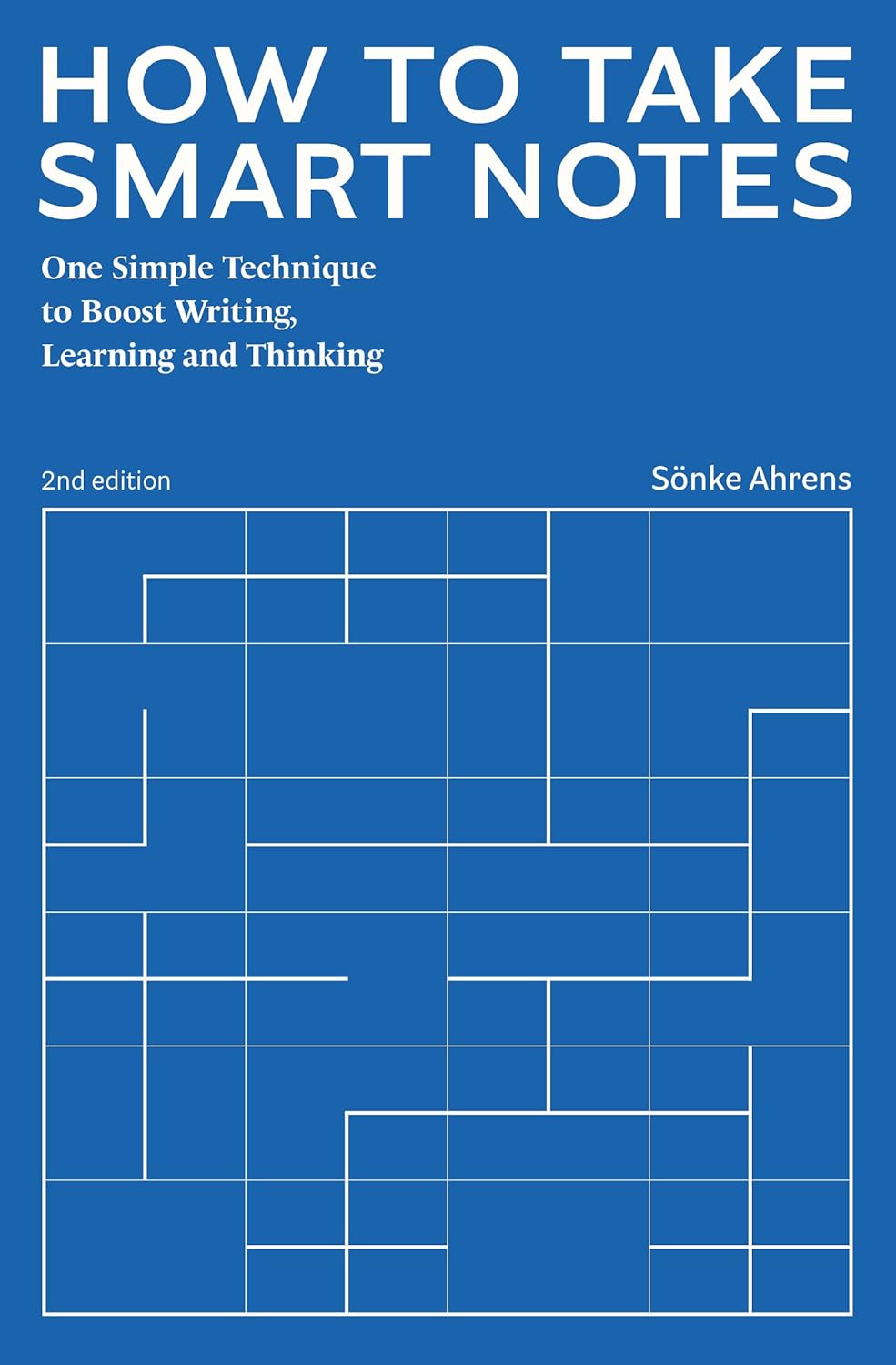We're not used to thinking about the computers of the 1970s and 80s as "insanely powerful" — but when you think about it, they could do some amazing things. I'm not talking about specialized systems or whatever — just your everyday office computer circa 1983.
Case in point: Storing plain text files.
Not HTML, or PDFs, or some ancient word-processing WYSIWYG files. Just plain text — ASCII, to be technical about it (These were the days before Unicode). And let's ignore the idea of sending those files or sharing them with others — let's forget all about networking for a moment.

Simply being able to write words in a file and then save it. Being able to access those words many decades later with no specialized software, simply by reading the files with currently available tools because that file format is still fully supported, and is at the core of much modern infrastructure. Being able to write an essentially unlimited number of words in a single file, and being able to have many different files and quickly search through them.
That's a lot of power. Plain text is crazy powerful, but we don't usually think about it. You can store so much knowledge, or art, or a record of a life that's both lived and examined. All with just text, locally, on your computer. No AI, no cloud subscriptions, no "terms of service" — just pop open a text file and write something. Tomorrow, do it again.

Obsidian is a free tool that understands just how powerful this is. It's a free cross-platform app that lets you easily write text files locally, on your own computer.
It can do many other things: There's a paid Sync service and a massive ecosystem of extensions and themes, and yes, you can hook it up to AI if you really want to. But I don't want to talk about any of that — those things are powerful, but they distract from the star of the show: Writing plain text files on your computer.
Okay, I guess I will mention two specific features that make a big difference: Obsidian's simple system for linking between your notes just by putting a note's name in double brackets [[like this]], and its powerful and lightning-fast search.
So those four things: Write to local files, read them tomorrow or in 20 years, link your files, and quickly search them. Just four features, which just about any computer can do reliably and extremely fast. You don't need the latest Mac for this insane amount of power — a 10-year old computer will do just fine. Heck, you don't even need a mouse.
How I use Obsidian
I've been using Obsidian for several years now. I have three "vaults", which is the Obsidian term for a folder full of text files.
I've got a Journal vault which I use with dated notes to record the books I read and other thoughts; a Projects vault where I write things for publishing (like this very blog post) or notes that have to do with ongoing work; and finally, a Slipbox vault which is a big repository of interlinked "evergreen" ideas I got from various books (and, rarely, from my own mind).
Each note in the Slipbox tends to be brief and focused, and they're heavily interlinked. This is a tool that lets me see how different, seemingly unrelated books are actually talking about different aspects of the same thing.
This system — the three "vaults" and their names and purposes — comes from a tremendous book called How to Take Smart Notes. It's not specific to Obsidian, and it totally changed how I think about note-taking. I've read it a few years ago, adopted the system, and I use it to this day.

The surprise
The surprise is the lasting power of one of the most unglamorous things you could use a computer for: Writing text files. A cursory look around my computer reveals plain text files I wrote in 2012 — if I dig through archives I can probably find stuff from the late 90s.
So this is really as much about plain-text writing as it is about Obsidian. Yes, you should try Obsidian. It is very good, mature software, and it's free to use, and is cross-platform.
But really, what I'd love for you to do is pop open Notepad, Vim, or any other text editor and just write something. Save it locally, somewhere you could find later. Back it up somehow (or in several different ways). Then do it again.
The surprise is just how powerful this turns out to be, when repeated with consistency. I can't tell you what you'll get out of it — I can only share what I get out of it, which is a bunch of knowledge. Clearer thinking, sticking to my habits and routines better, understanding myself a bit better, and even better relationships. All of that, just from some plain text.


